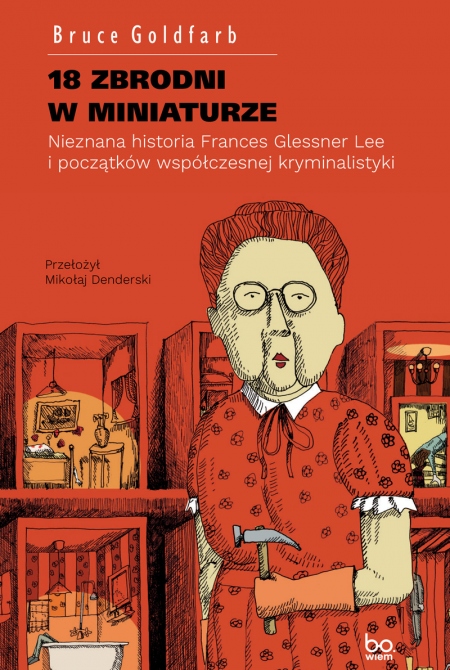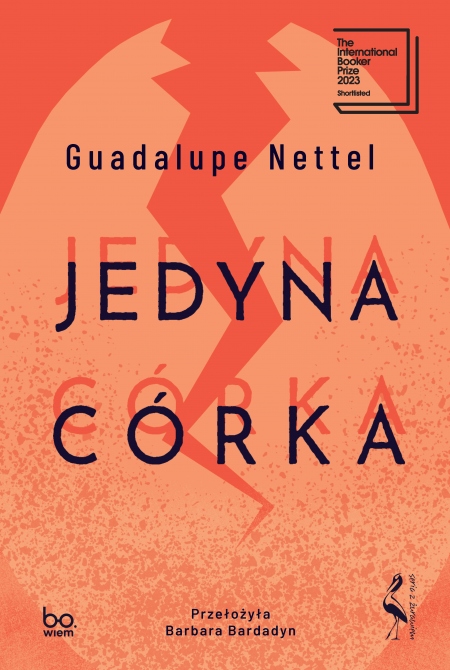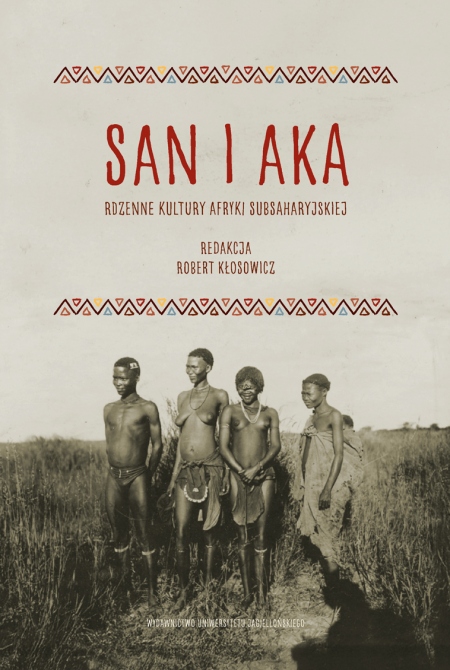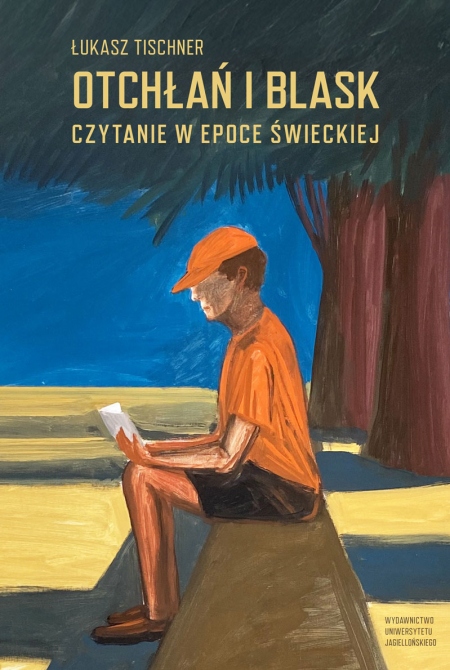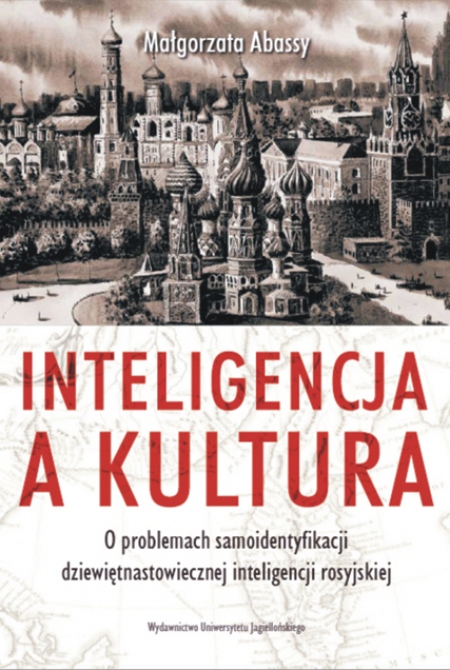
Inteligencja a kultura
O problemach samoidentyfikacji dziewiętnastowiecznej inteligencji rosyjskiej
Pages: 278
Book format: B5
Publication date: 2008
Release date: 22.10.2008
Book description
In the book the intelligentsia is viewed as the result of a Russo-Western cultural conflict. Particular phases of this confrontation – a definition of conditions of the conflict, growth towards self-identity, and disintegration – allowed the following of the evolution of the intelligentsia and character of its influences on the more widely-practised culture. The circumstances surrounding the intelligentsia’s existence determined its function: social, political and cultural. The intelligentsia played out its role on two fronts: regarding Western culture, and its own. Conviction in having a mission, and its realisation, to a large degree defined the character of the intelligentsia both on an individual level and as a group. A member of the intelligentsia is treated as a unit of individuality, attempting to describe their own relationship towards their environment, and as a patr of a group, acting in the name of basic values of the intelligentsia’s ethos – the social good and truth. Truth about meaning of life and about laws governing the development of society played a major role in the development of the intelligentsia and in the achievement of self-awarness. The deformation of the anthropological model of the Russian intelligentsia came about as a result of actions under conditions set by a repressive system, and, with time, led to a false consciousness.
Authors
Małgorzata Abassy

ISBN: 978-83-233-2562-8
e-ISBN (pdf): 978-83-233-8076-4
Country of producer: Poland
RECOMMENDED BOOKS
NEW BOOKS

Inteligencja a kultura
O problemach samoidentyfikacji dziewiętnastowiecznej inteligencji rosyjskiej
Inteligencja a kultura
O problemach samoidentyfikacji dziewiętnastowiecznej inteligencji rosyjskiej
Choose chapters to buy:
Order value:
0.00 zł
